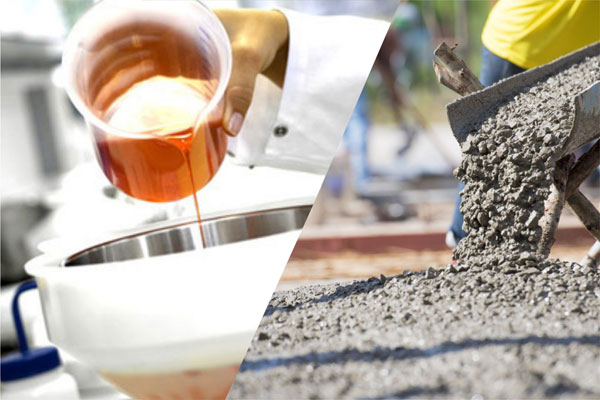
Construction chemicals play a pivotal role in modern construction projects, offering a range of solutions to enhance the durability, strength, and sustainability of buildings and infrastructure. From improving concrete performance to providing protection against environmental factors, these specialized chemicals have become indispensable in the construction industry. This article delves into the significance and applications of construction chemicals in contemporary construction practices.
Understanding Construction Chemicals: Construction chemicals, also known as specialty chemicals or building materials additives, are substances formulated to enhance the performance of construction materials such as concrete, mortar, grout, and coatings. These chemicals are designed to modify and improve the properties of construction materials, making them more suitable for specific applications and environmental conditions.
Types of Construction Chemicals:
Admixtures: Admixtures are additives added to concrete during mixing to alter its properties. These include water reducers, accelerators, retarders, air-entraining agents, and plasticizers. Admixtures improve workability, durability, and strength of concrete, allowing for better construction practices and performance.
Waterproofing Compounds: Waterproofing chemicals are crucial for protecting structures from water ingress and damage. They create a barrier against moisture, preventing corrosion, mold growth, and structural deterioration. Waterproofing compounds are applied to foundations, basements, roofs, and other areas susceptible to water exposure.
Sealants and Adhesives: Sealants and adhesives are used for bonding, sealing, and filling gaps in construction joints, cracks, and surfaces. These chemicals provide structural integrity, weatherproofing, and thermal insulation, ensuring the longevity and performance of buildings and infrastructure.
Repair and Rehabilitation Materials: Construction chemicals also include products for repairing and rehabilitating deteriorated structures. These materials, such as repair mortars, epoxy resins, and corrosion inhibitors, restore the strength and integrity of damaged concrete and masonry, prolonging the service life of buildings and infrastructure.
Protective Coatings: Protective coatings offer surface protection against abrasion, chemical attack, UV radiation, and weathering. These coatings enhance the aesthetics, durability, and maintenance of structures, extending their lifespan and reducing lifecycle costs.
Applications of Construction Chemicals:
High-Rise Buildings and Infrastructure: Construction chemicals are extensively used in high-rise buildings, bridges, tunnels, and other infrastructure projects to enhance structural performance, durability, and resilience against seismic activity, moisture, and environmental degradation.
Industrial Facilities: Industrial facilities such as manufacturing plants, warehouses, and chemical processing plants require specialized construction chemicals to withstand harsh operating conditions, chemical exposure, and heavy mechanical loads.
Residential Construction: In residential construction, construction chemicals are utilized for waterproofing basements, bathrooms, and rooftops, as well as for improving the strength and durability of concrete foundations and structures.
Infrastructure Rehabilitation: Construction chemicals play a crucial role in the repair and rehabilitation of aging infrastructure, including bridges, highways, dams, and pipelines. These materials help mitigate corrosion, deterioration, and structural deficiencies, ensuring the safety and longevity of critical infrastructure assets.
Benefits of Construction Chemicals:
- Enhanced Durability: Construction chemicals improve the durability and longevity of structures, reducing maintenance requirements and lifecycle costs.
- Improved Performance: By modifying the properties of construction materials, chemicals enhance performance in terms of strength, workability, waterproofing, and resistance to environmental factors.
- Sustainable Construction: Many construction chemicals contribute to sustainable construction practices by reducing material consumption, enhancing energy efficiency, and minimizing environmental impact.
- Cost Savings: Although the initial cost of using construction chemicals may be higher, the long-term benefits in terms of reduced maintenance, repair, and replacement expenses often result in significant cost savings over the lifecycle of a structure.
Conclusion:
Construction chemicals have revolutionized the construction industry by offering innovative solutions to address various challenges related to durability, performance, and sustainability. From improving concrete strength to providing protection against water ingress and corrosion, these specialized chemicals play a vital role in ensuring the longevity and resilience of modern infrastructure. As construction practices evolve and demand for durable and sustainable structures grows, the importance of construction chemicals will continue to increase, shaping the future of the construction industry.